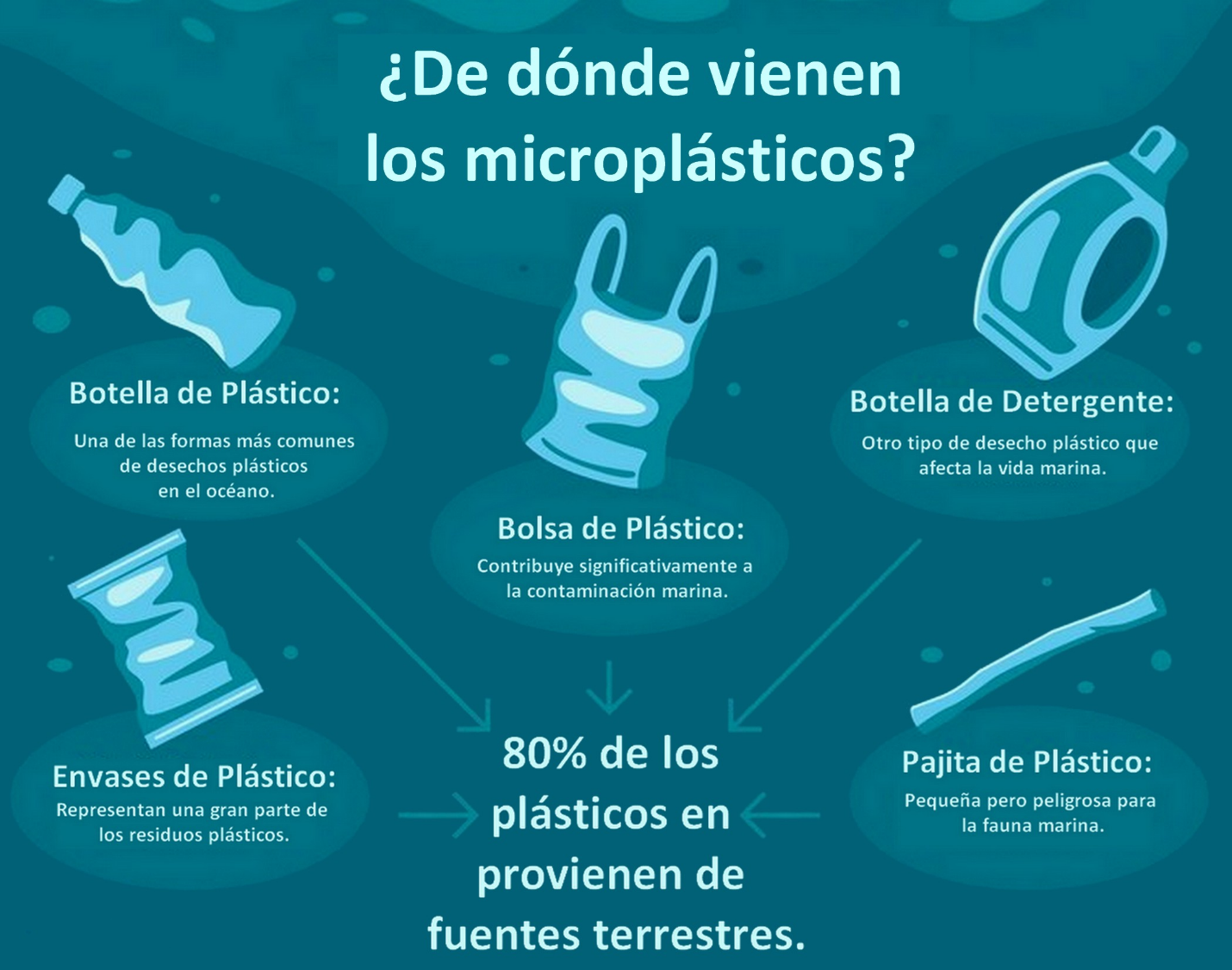Abstract
The following text is a reading to introduce children and teenagers to the topic of microplastic pollution, a type of contaminant that, unfortunately, is present everywhere, even though we cannot see it with the naked eye The content of this paper mentions which are the most common plastic products used, where they come from, how they are formed and where microplastics end up, and the importance of studying them. This topic is gaining increasing interest among the population, and it is important to spread awareness among the younger generation. The goal is for children and young people, after reading the text, to reflect on and answer important questions such as: Did you know you are consuming microplastics without realizing it? Do you know the damage microplastics cause to the environment? Which products contribute the most plastic to the environment?
References
Anderson, L. W., y Krathwohl, D. R. (2001). A taxonomy for learning, Bertling, Jürgen., Bertling, Ralf., Hamann, Leandra. (2018). Kunststoffe in der Emwelt: Miko-un Makroplastik. Ursachen, Mengen, Umweltschicksale, Wirkungen, Lösungsansätze, Empfehlungen. Kurzfassung der Konsortialstudie, Fraunhofer-Institut für Umwelt-, Sicherheits-und Energietechnik UMSICHT (Hrsg.).
de Miguel, C., Martínez, K., Pereira, M., y Kohout, M. (2021). Economía circular en América Latina y el Caribe: oportunidad para una recuperación transformadora”, Documentos de Proyectos (LC/TS.2021/120), Santiago, Comisión Económica para América Latina y el Caribe (CEPAL).
de Andrade, G. N., y Gonçalves, A. (2022). Lixo nos oceanos: uma revisão sobre a problemática do lixo e os resíduos plásticos, encontrados nos oceanos. Revista Interdisciplinar da FARESE, 4.
Galloway, T. S. y Lewis, C. N. (2016). Marine microplastics spell big problems for future generations. Proceedings of the national academy of sciences, 113(9), 2331-2333.
Rimachi, G. Y. C., y Huamán, D. J. F. (2023). Contaminación ambiental y sus efectos en la sociedad. Horizonte Empresarial, 10(1), 1-11.
Sarria-Villa, R. A., y Gallo-Corredor, J. A. (2016). La gran problemática ambiental de los residuos plásticos: Microplásticos. Journal de Ciencia e Ingeniería, 8(1).
Vazquez, A. (2024). ¿Qué son los microplásticos y cómo se analizan? Eurofins Environment Testing Spain. https://www.eurofinsenvironment.es/es/que-son-microplasticos-como-se-analizan/

This work is licensed under a Creative Commons Attribution-NonCommercial 4.0 International License.
Copyright (c) 2024 Universidad Nacional Autónoma de México

